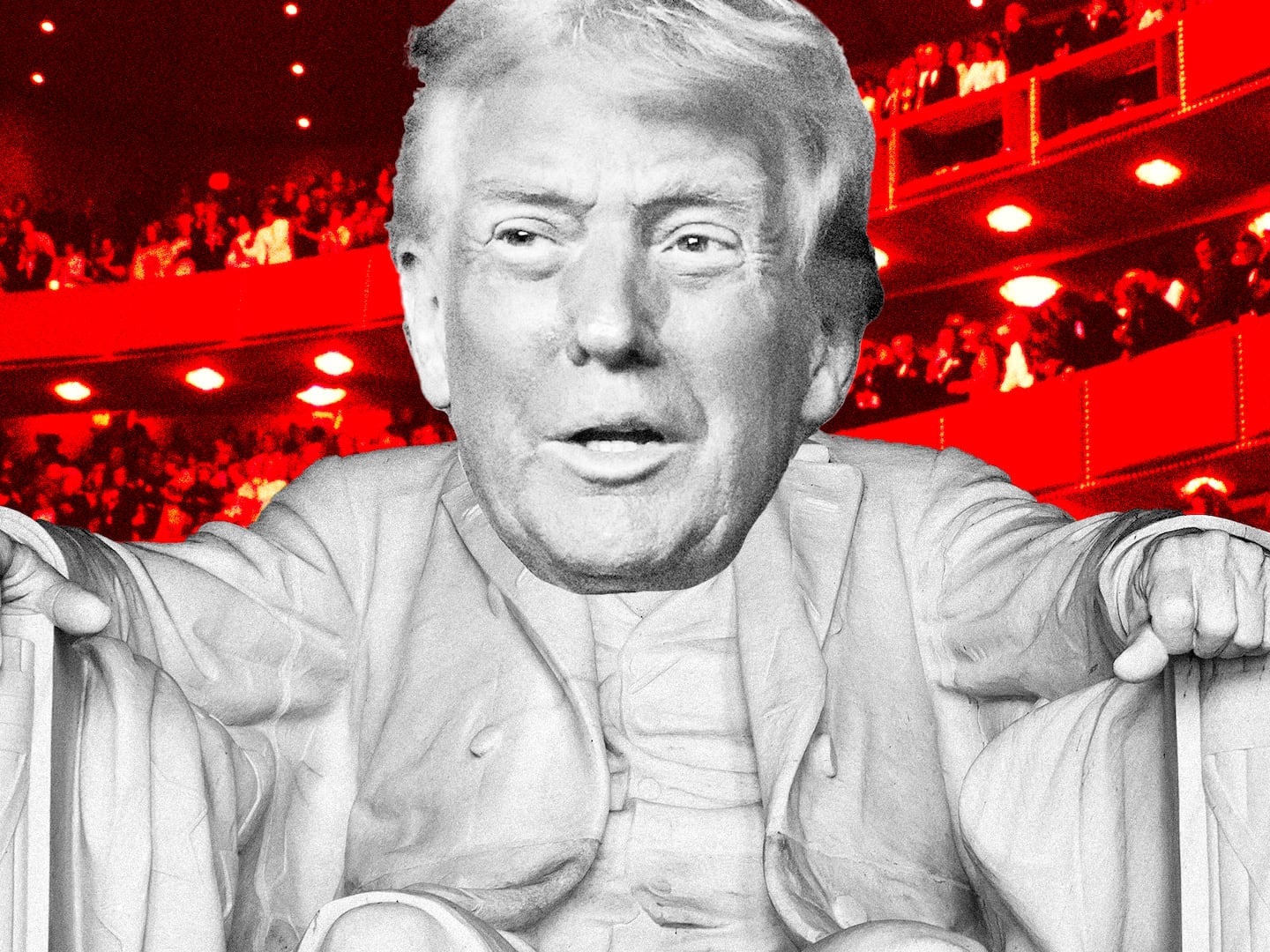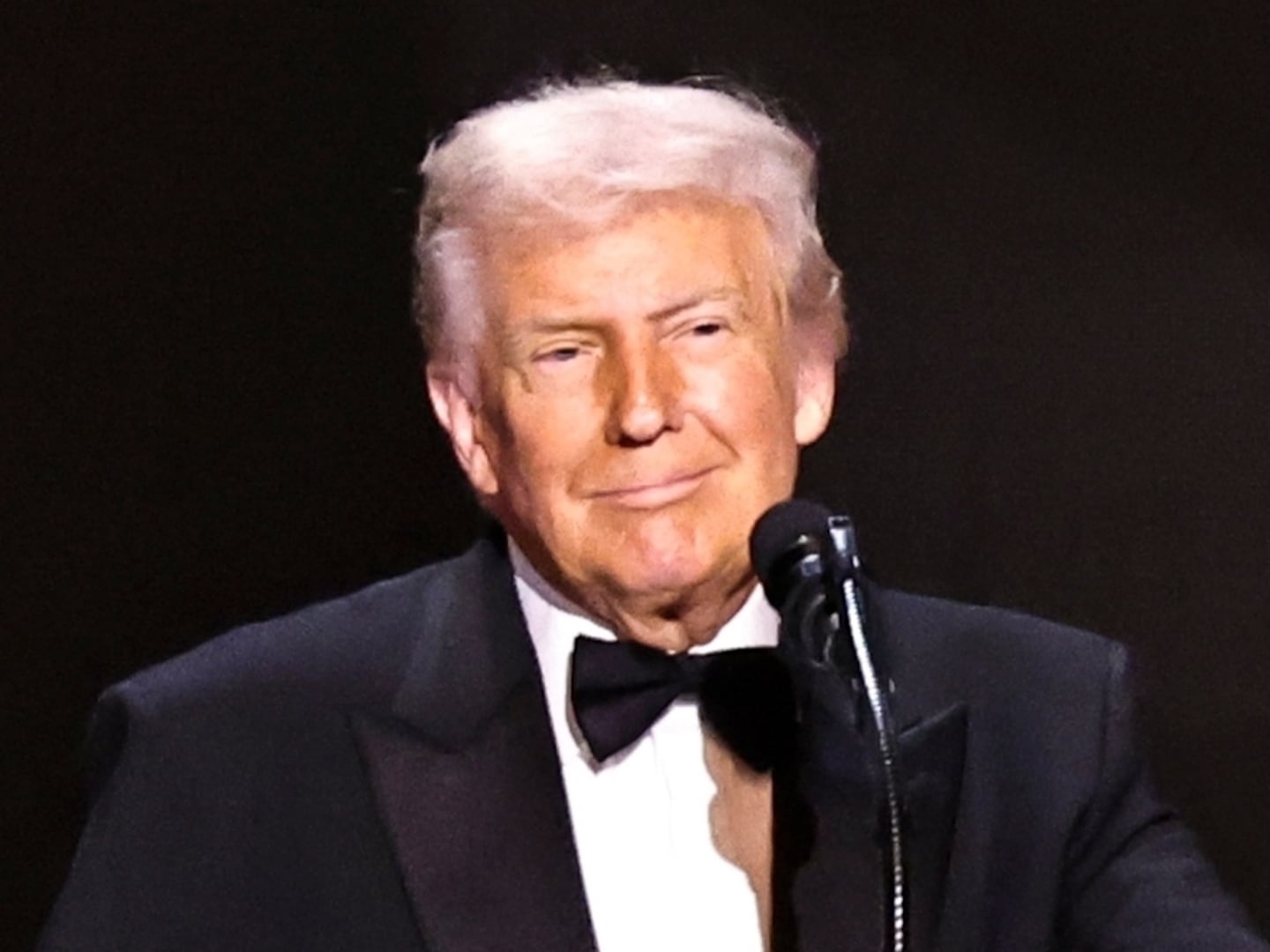Describe your morning routine, post-White House.
I begin by checking the Internet: my favorite newspapers, The New York Times and The Washington Post. I’ll also probably check, within an hour or two of getting up, the National Bureau of Economic Research website, Marginalrevolution.com, and the American Economic Association, to see if there are any new papers. I’ll probably spend an hour reading. I tend to wake up at 7:30 and if I’m actively engaged in writing, I’ll start writing by 9. I’m usually able to find crevices in which to write. Early in the morning there’s no obstacle to finding at least a little time to do some writing.

It’s likely I’ll get to an office between 9 and 9:30. Most days I’ll mostly write from 9:30 until noon. There’ll be stops and starts, and I’ll typically go from one project to another, depending on how they’re going. At the moment I’m working on an article in the general area of behavioral economics and public policy. I’m also working on a magazine piece, on a very different issue. I like to go back and forth—if I’m stuck on one, I’ll jump to the other. I’m also working on my next book, which has nothing to do with my current one. I’ll turn to that if I feel something’s brewing there. Most mornings I’ll spend time on two or three different writing projects.
Do you have any distinctive habits or superstitions associated with the writing process? Do you have a magic hat you wear?
I think the most distinctive habit I have is that I don’t need any startup time to write. If my class ends at 2:30 p.m., I’ll talk to the students, answer their questions until 2:45, and then I can be writing right after. Some days I have my next class at 5 and if I prepared the day before, I need another 45 minutes or so to prepare right before class, so between 3 and 4:15 I can be writing. The habit I’ve developed is to write in any free half hour I might find.
Could you recommend three books that are favorites of yours in your own field?
Sure. I’d recommend Albert Hirschman’s Exit, Voice, and Loyalty, as I’m now doing something on Hirschman, so he’s on my mind. It’s a great and fun book. I love Richard Thaler’s Quasi Rational Economics. A collection of some of his most interesting and inventive essays, the real foundation of behavioral economics. For the third? I guess I’d recommend a book that’s very far afield, A.S. Byatt’s Possession. It’s just a great novel. It doesn’t have a close connection to my economic work, but what the heck, it’s about human nature.
Is there anything that’s guaranteed to make you laugh?
Awkward movement by a puppy.
What was a day like for you while you were still working at the White House?
It was much more packed. Within government there isn’t a typical day. What happens changed from day to day. But 8:30 a.m. meetings were every day. In government, you’re not a writer, you’re an administrator. [Sunstein was Administrator of the Office of Information and Regulatory Affairs for the first term of the Obama administration.] I was in charge of a small office that helped oversee government regulation. There were often four or five meetings each morning, and often more meetings that would go until 8 at night, sometimes later. You’d always be on your Blackberry. If you got some free time between meetings, you’d maybe work on a document that would be some kind of official document; you’d try to improve it. As an academic, a great deal of my time is spent writing, with very little in meetings. In government, the premium is placed on figuring things out through discussing them with other people.
What is something that surprises you that most of the general public doesn’t understand about the Constitution or Constitutional law?
Maybe insufficient appreciation that Constitutional law isn’t mechanical. It’s not a matter of just applying the rules. The fact that the rules are developed, over generations, and a lot of issues just aren’t resolved. Their resolution involves some kind of judgment. That I think is not as well appreciated as it might be.
I was speaking with a religious historian who described the Bible as the text that is most frequently used and wielded by people who have not actually read or studied it. I was thinking that the Constitution might qualify for second place. The Constitutional right to bear arms in a militia, as opposed to carrying guns around town, for example.
Well, I think the Constitution in many places is ambiguous. The Supreme Court has settled on the view that the Second Amendment does include an individual's right to own guns, and I think that’s a perfectly legitimate reading of the Second Amendment. Historians have not reached a consensus, but I think the Court’s interpretation, that it does include individual rights, is certainly a legitimate reading of the text.
You know President Obama personally, and have worked with him closely for many years. Is there anything that might surprise the general public about the President that is not widely known?
People know that he’s a cool customer.
Totally.
He’s a very calm person. But he also has immense personal kindness. His generosity and kindness to individuals, including yours truly, is part of the mark of the man. Extraordinary kindness and generosity.
Your new book is about new ways of governing. Is there a particular foreign government that you admire and think that their methods are exemplary of the way that, perhaps, the U.S. should head?
I have lot of enthusiasm for our government, including for what the administration has been able to achieve in the regulatory area in the last few years. I think we are a pretty good model. The United Kingdom has done some interesting things in terms of empirical testing of policies, to see whether they achieve their expected goal. We’ve been in contact with them about the need for empirical testing. They stand with us in moving toward a government that’s based on evidence and data, rather than hunch and hope.
Sounds like baseball. The Moneyball approach to government.
In fact my book features a chapter entitled “Regulatory Moneyball."
”Last question for you, Cass. What would you like carved on your tombstone?
“He’s still alive!”






